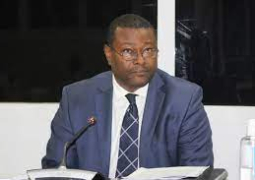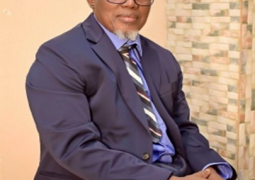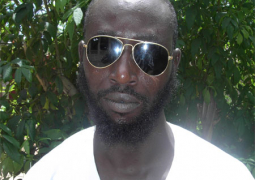
This the Election Observer Mission reached among the conclusions in its final report, after assessment of the requirements for presidential nomination.
The report states: "To obtain nomination to the office of president, candidates must be thirty years of age and a citizen by birth or descent. Dual citizens are disqualified. Candidates must have been ordinarily resident in the country for the five years immediately preceding the election, have completed senior secondary school education and be proficient in English. Persons “of unsound mind” are also disqualified."
The report further delves to clarify that "some of these requirements are not aligned with international law."
"Persons compulsorily retired or dismissed from any public office in The Gambia are ineligible; as are persons found guilty of any criminal offence by any court, persons declared bankrupt, as well as persons found liable for misconduct, negligence, corruption or improper behaviour by any commission or committee of inquiry established by law. Members of the disciplined forces and traditional authorities are also ineligible to contest the election," the report further states.
In cognisance to some of these facts mentioned above, the Mission through the report described the nomination requirements, both substantive and procedural, as "burdensome".
"A nomination form must be supported by at least 5,000 registered voters, at least 200 from each administrative area. The Elections Act permits voters to support only a single nomination. Where a voter supports more than one candidate, the nomination paper which is delivered first to the IEC will be valid. Support for a subsequently delivered nomination will be invalid. This approach is not in line with international good practice."
"Voter registration figures vary across the seven administrative areas. Banjul has the fewest registered voters, at 21,372, with the consequence that, when there are many aspirants, as in this election, 200 signatures may be difficult to obtain."
On 6 November, after the close of nominations, the IEC announced that just 6 nominations had been accepted by the returning officer out of 21. The rest of the15 aspirants were rejected. They were not given the opportunity by IEC to rectify the faults in their nominations, even though there is a "provision in the Elections Act that, where a nomination is rejected, a fresh nomination may be submitted before the close of the nomination period."
This is another fact about this election the report has brought to notice, which has perhaps applied to previous elections held in the country.
Eventually, the High Court of The Gambia found the IEC faulty in rejecting Dr. Ismaila Ceesay of Citizens' Alliance (CA) and Mai Ahmed Fatty of the Gambia Moral Congress (GMC), 2 of the 3 that filed lawsuits against the IEC for violation of the Elections Act and the eventual violation of their right to run for election.





